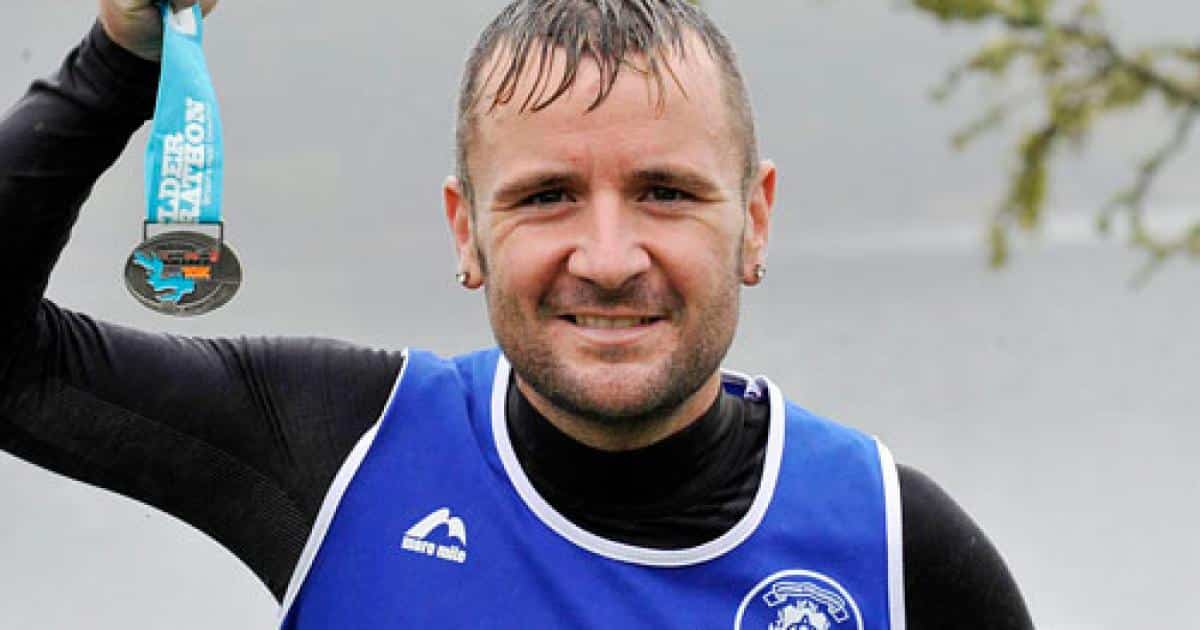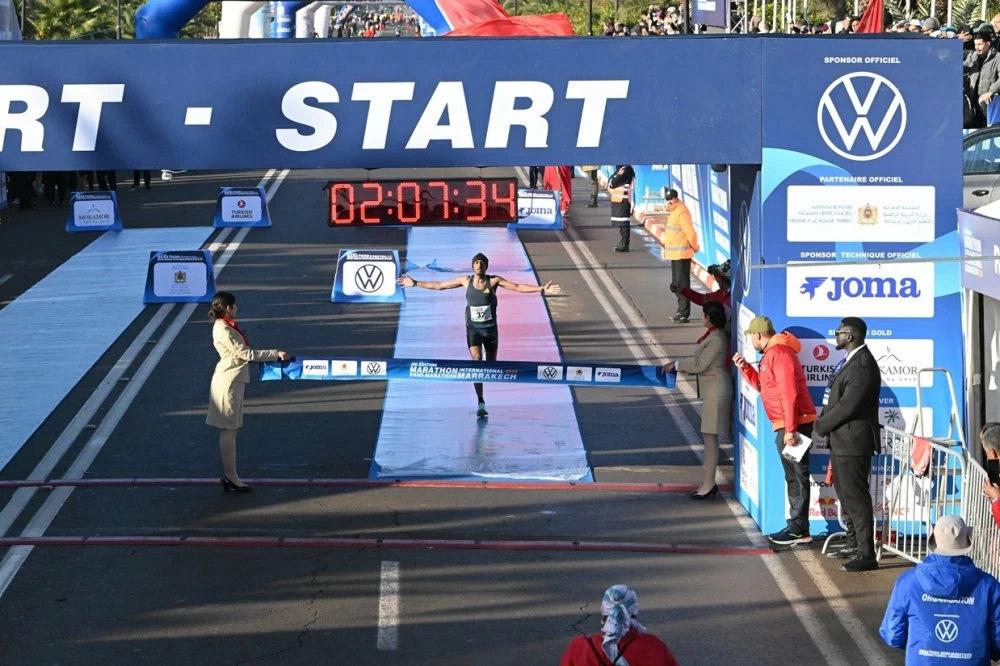Rob Sloan, the Marathon Runner Who Cheated by Taking the Bus
14/10/2025 22:03He was supposed to cross the finish line exhausted — instead, he arrived as fresh as a daisy. In October 2011, British runner Rob Sloan thought he could fool everyone at the Kielder Marathon in northern England by taking a little mid-race break… on a bus. A small lie that turned into a big scandal, and one of the most unbelievable stories in modern running. Let’s rewind this infamous tale in seven chapters.
| Chapter 1 – A Sunday Run
October 9, 2011. Kielder, Northumberland. A rural marathon, a club-like atmosphere, drenched volunteers, and that damp grass smell that sticks to your shoes. Rob Sloan, 31, a mechanic and amateur runner, lines up at the start just like everyone else. He’d already raced a 10K the day before, but who cares — the drive was stronger than the fatigue. The opening miles go well. Sloan runs steadily, tackles the hills of Northumberland Forest, keeps his rhythm. He’s not competing for the win, but he’s no slouch either. Just another Sunday race — until the straight line of the course suddenly bent in an unexpected direction.
| Chapter 2 – The Bus of Destiny
Around mile 20, Sloan hits the wall. His body refuses, his mind wavers. He steps off the official route, cuts through a side path… and spots a spectator shuttle bus. The kind you take home after watching a marathon — except this time, he boards it to get ahead. Witnesses later said he rode for several miles, race bib still pinned to his vest. When he got off, near the finish, he disappeared into the woods, reappeared on the course, and ran the final stretch toward the line. A scene straight out of a British comedy — except it actually happened.
| Chapter 3 – The Miracle Finish
Minutes later, Sloan crosses the finish line in third place. Arms raised, thanking volunteers, playing the role of the weary hero. The clock reads 2:05 — an incredible time for an amateur, and faster than his personal best. The winner gives his post-race interview, praising a “tough but amazing race.” Everything looks picture-perfect.
Except for one problem: the fourth-place finisher, Steve Cairns, swears he never saw Sloan pass him. And several spectators claim they saw him — on a bus. Doubt spreads, conversations flare up, rumors turn into a full-blown investigation.
As race director and former world 1500m champion Steve Cram put it: “He was the only runner to complete the second half of the race faster than the first — that just doesn’t happen.”
| Chapter 4 – Witnesses Speak
Race official Dave Roberts soon receives a flood of messages. He later tells the Associated Press that “people in cars behind the bus saw him get on and off, and others saw him running through the woods to rejoin the course.” Even bus drivers confirmed the story. The noise was impossible to ignore. Organizers checked the split times — and the result was clear: total inconsistency. Sloan’s second half was faster than his first. On a hilly course, for an amateur, that’s not just improbable — it’s impossible.
| Chapter 5 – The Impossible Defense
When confronted, Sloan denies everything. He calls the rumors “ridiculous,” swears he ran the full distance. But no one buys it anymore. The web of lies collapses, the witnesses pile up, and the Kielder Running Club officially disqualifies him. Eventually, Sloan admits what happened. There was no elaborate plan — just a moment of weakness. He had dropped out, exhausted, and gave in to temptation. Probably trying to save face. Dave Roberts summed it up with a brutal line that would stick: “It’s as bad as doping.”
| Chapter 6 – The Fall and the Lesson
The podium is re-awarded, Steve Cairns gets his rightful medal, and Rob Sloan becomes a symbol — of the shortcut that never works. He tried to escape embarrassment and ended up immortalized for all the wrong reasons. The story spreads far beyond the local running scene. Media outlets pick it up, social networks run wild. People joke about “England’s most famous bus.” Some laugh it off as if he’d simply taken a marathon “connection.” Others, more critical, see it as a reflection of a world where appearance trumps effort.
| Chapter 7 – The Ghost of Kielder
Today, Sloan still runs — quietly, far from the cameras. He paid for his mistake, though he never truly justified it. His story endures: that of a runner who wanted to go faster and discovered that truth has better endurance than lies. Deep down, it speaks to something bigger — the fear of failure, the need to be seen, the invisible pressure that pushes people to cheat just to exist. A bus, a bib number, and a lasting memory: a marathon where the shortest route never led to victory.
In the end, Rob Sloan didn’t just lose a podium finish — he missed the whole point. The essence of the marathon lies in earning every step. Running has never rewarded deceit, only the sincerity of effort. And maybe that’s why we love stories like this one — they remind us there are no shortcuts to pride.

Dorian VUILLET
Journalist



